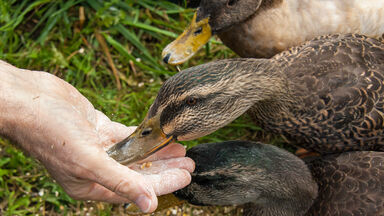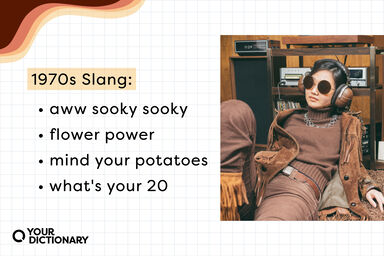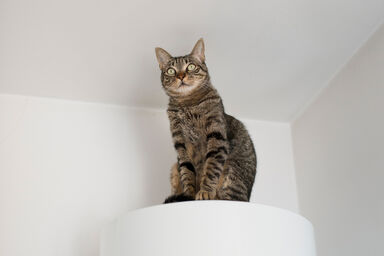Neat Definition
Other Word Forms of Neat
Noun
Adjective
Origin of Neat
-
From Middle English *nete, net, nette (> Modern net "good, clean"), from Anglo-Norman neit (“good, desireable, clean"), apparently a conflation of Old French net, nette ("clean, clear, pure"; from Latin nitidus (“gleaming"), from niteō (“I shine")) and Middle English *neit, nait ("in good order, trim, useful, dextrous"; from Old Norse neytr (“fit for use, in good order"), from Proto-Germanic *nautiz (“useful, helpful")). See nait.
From Wiktionary
-
From Middle English nete, neat, from Old English nÄ“at (“animal, beast, ox, cow, cattle"), from Proto-Germanic *nautÄ… (“foredeal, profit, property, livestock"), from Proto-Indo-European *newd- (“to acquire, make use of"). Cognate with Dutch noot (“cow, cattle", in compounds), dialectal German Noß (“livestock"), Swiss German Nooss (“young sheep or goat"), Swedish nöt (“cattle"), Icelandic naut (“cattle"). More at note.
From Wiktionary
Anglo-Norman neit clear, pure variant of Old French net from Latin nitidus elegant, gleaming from nitēre to shine
From American Heritage Dictionary of the English Language, 5th Edition
Middle English net from Old English nēat
From American Heritage Dictionary of the English Language, 5th Edition
Neat Is Also Mentioned In
Find Similar Words
Find similar words to neat using the buttons below.





